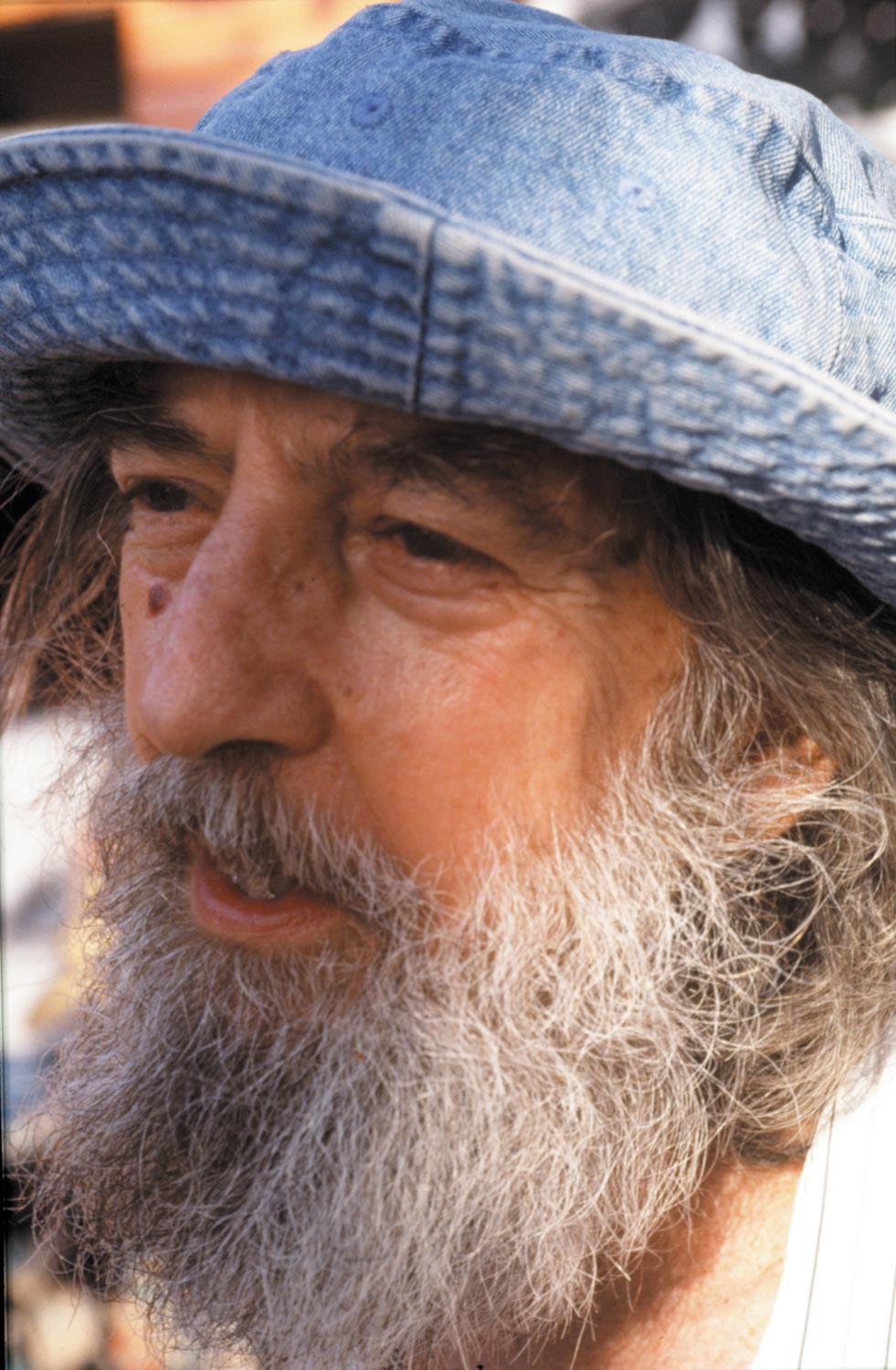Perry Henzell, who died in December at the age of 70, was one of the most noteworthy figures of Caribbean cinema. His 1972 masterwork, The Harder They Come, remains the most outstanding film to emerge from the region, continually serving as a reference point for other Caribbean directors.
An unorthodox, intuitive and intensely creative person, Henzell was born in Port Maria, Jamaica, and raised twelve miles outside Kingston on the Caymanas sugar cane estate, where his father was the overseer.
Like many prominent Jamaicans, Henzell’s background is complex. His paternal grandfather was descended from wandering Huguenot glassblowers who fled France after suffering religious persecution, and married into an Antiguan family involved in sugar production. His mother hailed from a prominent family in Trinidad.
Ever the rebel, Henzell rejected his privileged status early on. Sent to an English boarding school at the age of fourteen, he decided to hitchhike around Europe instead. After briefly attending Montreal’s McGill University in 1956, he presented himself at the BBC’s Drama Department with the intention of becoming a director, and was saved from outright rejection by acquiring work experience as a stagehand. On returning to Jamaica in 1959, he formed Vista Productions and began directing commercials.
Henzell began to create The Harder They Come, co-written with leading Jamaican dramatist Trevor Rhone, in 1969, and it started production in 1971. The film was a milestone: the first feature shot in Jamaica by a Jamaican director with a fully Jamaican cast, centring on the realities of Jamaican life. It used a notorious crime figure, Ivanhoe Martin, aka Rhygin, to make broader points about the harsh realities facing rural migrants in the island’s dehumanising capital, and took in along the way the rampant exploitation of the music industry and the lure of the marijuana trade.
Jimmy Cliff’s sympathetic portrayal of Ivan as a man whose pride will not allow him to be beaten down, but whose desperation leads to an inevitably swift and gory demise, allowed Henzell to explore social injustice endemic in the developing world.
Filming was halted on several occasions when money ran out. But the film’s opening at Kingston’s Carib Theatre nearly resulted in a riot, and swiftly broke the island’s box office record. In contrast, its London debut drew such poor attendance that Henzell resorted to handing out leaflets about the film at Brixton underground station in an effort to raise its profile.
A more receptive audience at the Venice Film Festival brought an award for Best Young Cinema. It took Henzell years of determined efforts to establish the film internationally, but it eventually became a cult classic. It has remained in constant circulation in the developed and developing worlds, and was adapted for a London theatre musical with Henzell’s involvement.
In 1973, Henzell began work on No Place Like Home, centred on a love affair between a Jamaican countrywoman and a New York television director, but the film quickly ran into insurmountable funding problems. Retreating to an isolated villa on the north coast, where he and his family lived for many years without electricity, Henzell campaigned for prison reform and began writing novels. Power Game, published in 1982, was a vivid portrayal of corrupt island politics, while Cane (2003) was a complex exploration of 18th-century plantation life. He staged a musical about Marcus Garvey in 1988, and continued running a dramatic arts studio in Kingston.
Henzell was diagnosed with cancer in 2000, but continued to work. After a long-lost print of No Place Like Home was discovered, he completed work on it by augmenting the original 1973 footage with material from 1981 and other scenes completed more recently. Its September 2006 debut at the Toronto International Film Festival was well received. The film was screened in Jamaica on December 1, the day after Henzell died peacefully at a relative’s home.


















